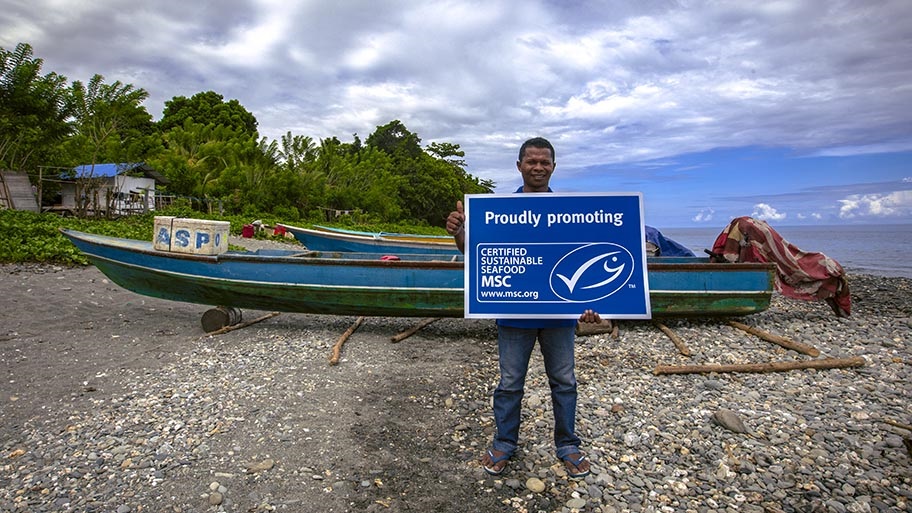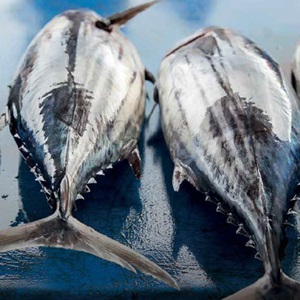In the second of our new series of interviews with market pioneers, llham Alhaq, Sustainable Project Manager at the Indonesian Pole & Line and Handline Fisheries Association, reflects on the importance of small-scale fisheries, the challenges of geography and the main concerns of sustainable sourcing managers.
Talking Tuna: the Indonesian Pole & Line and Handline Fisheries Association
What are your main priorities at work?
My role allows me to understand the issues in the supply chain, from the fishers and middlemen to industries and exporters. Because [our association] was certified in 2021, our main priority is getting more fisheries into our certification program; as well as adding new regions and new vessels and then making sure that more industries follow the standard we set up for them.
Why are local fisheries so important in Indonesia?
The role of these [small-scale] fisheries is very important to the coastal communities. Pole and line fisheries in Indonesia are quite unique. In some areas there are only pole and line vessels operating and it is prohibited for other fishing gear to come in. So, it is traditional that communities protect their fishing gear as their main resource for making a living.
What are the key challenges for fisheries in Indonesia?
The key challenge for fisheries in Indonesia are geography and distance – because the small-scale fisheries are dispersed around the country, if we need to meet up with them it is a big effort to reach them. So, the role of the industry association is very important. They help communities in Indonesia continue their operations based on the sustainability standard.
This helps these people to meet their daily needs and maintain their work over the long term – without being afraid that the tuna is going to run out or having to compete with other fishing gear.

Indonesian tuna fisher holding MSC logo board
What would you say to sustainable sourcing managers looking to source sustainable tuna?
Of course, they are concerned not only about the seafood’s sustainability, but also about the products’ quality. I would say choose the one with the MSC label because it is already certified. This means you know that from the point of catch to its export, it's been under good quality control and it's come from sustainable fisheries. I will ask them to not only choose MSC, but please also see the product behind it.
What's your favourite Tuna dish?
I think everyone who comes to Indonesia will try this. It's Nasi Kuning Cakalang – yellow rice with skipjack on top. I like it.
More about tuna

Tuna and the new Fisheries Standard
Dr Rohan Currey answers some of the most pertinent questions about the new Standard's implications for tuna.

Talking tuna: Chris Shearlock
Princes UK's Senior Sustainable Sourcing Manager reflects on credible labels, industry challenges and what gives him a buzz at work.

